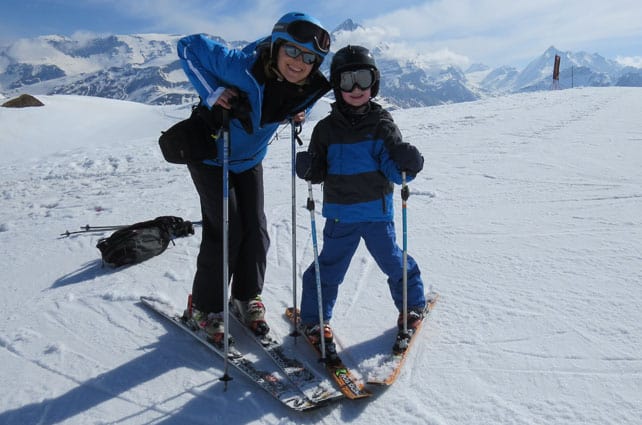
In the UK, it’s the question every skier and snowboarder is asking. As the second wave of Covid-19 gathers pace, and the list of countries we can travel to without quarantines shrinks, we’re all beginning to wonder – can we go skiing this winter? And if so, where?
The short answer? Nobody knows for sure.
All there is right now is uncertainty. We don’t know how bad the second wave will get, both at home and abroad. Nor do we know how restrictive governments will become in their response to it. And we don’t know how (or if) the UK government will replace its on-again, off-again Travel Corridor scheme. All we really know is that the situation will continue to change – and quickly. Every time it does our perceptions and options are going to change with it.
But there are two reasons why I’m optimistic. And by that I don’t mean we Brits will have a normal season this winter, kicking off in early December with full access to the world’s resorts. But I am hopeful that before winter is out we’ll making big, joyful turns in the Alps, Scandinavia and maybe even North America.
First reason: the government has at last announced that it will reconsider the Travel Corridor scheme. Admittedly, the announcement earlier this week fell far short of the Travel Industry’s hopes. There was talk of trials of a new airport-testing programme: and all we got was news of a task force to consider the alternatives. But at least it’s a step in the right direction.
What’s more, with summer out of the way, and the wider business community applying pressure (to open up flights to New York, for example), the government may finally budge. Just don’t take that decision for granted. Mr Shapps has repeatedly confounded expectations on this issue. This week’s disappointment is a case in point.
Second reason: we’ve still got some time to play with. As I write, there are still 11 weeks till Christmas: and more than four months till the mid-February peak. Whatever is the case now, probably won’t be the case in December. The situation will be different again at half-term, and again as we approach Easter. You have to hope that by March at least, the second wave will be under control, and a vaccine will be on the horizon. Who knows, the UK government may finally have got an airport-testing system in place too.
But that’s all speculation. What follows is a summary of where we stand now, early in October.
1. Ski resorts are gearing up for winter
There’s no doubt what the ski industry wants: a season as close to normal as possible. It’s been pretty confident it will get it, too – thanks in part to a surprisingly good summer. The French Alps, for example, had an August staycation boom, and some resorts – such as Les Deux Alpes – even passed their 2019 visitor totals for the whole June-August period. There’s good reason to hope the locals will be out in force this winter as well, supplemented by skiers from neighbouring countries.
Of course, every resort will also introduce Covid-19 safety protocols. In some cases, the details are not yet fixed, but the essential outlines are clear. Be ready to wear a mask in all public indoor spaces and on many kinds of ski lifts. Book your restaurants in advance. And above all, don’t expect raucous après-ski. Last month Austria’s Tourism Minister Elisabeth Köstinger announced that “Après-ski, as we have known it so far, will not be available this winter” – and there are likely to be restrictions in every resort.
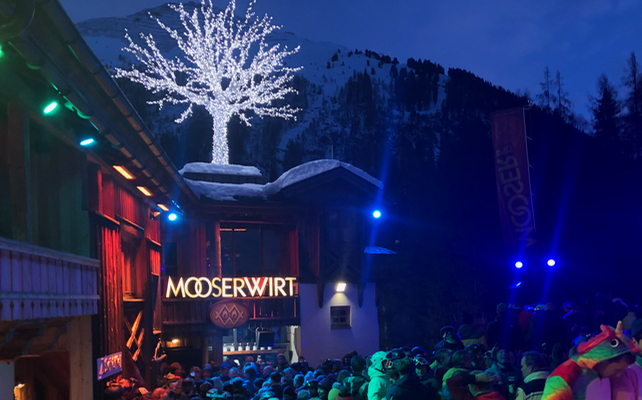
The one thing that won’t change however, is the actual physical experience of skiing itself. You won’t need a face mask for that: and even if you forget to take yours off, it doesn’t interefere with the the essential, joyous feeling that come from blasting down a snow-covered mountain. In fact, if my experience glacier-skiing this summer is anything to go by, it will be better than ever. Every time you set off down a slope you’ll leave the covid-19 blues floundering in your wake.
2. Governments look set to back the resorts – up to a point
Every country is now desperate to limit any further economic damage from the virus, and they’ll want to see the ski lifts spinning, too. But not at all costs. As we saw last March, there comes a point when perceptions of the national interest trump everything: and the shut-down can be abrupt and chaotic. So be careful this winter of countries where the perception is that the infection rate is running out of control. Lockdown may not be far off.
3. The Travel Corridor scheme is the biggest obstacle, for now
For many Brits, all the preparations in the Alps will count for nought if the UK’s Travel Corridor system remains in place. As I write, the FCDO is advising against travel to France, Switzerland, Austria, Slovakia, Slovenia, Poland, the Czech Republic, the USA and Canada – in other words, almost every ski destination you can think of, with the exception of Italy, Sweden and Germany. And in those three countries the infection rate is rising too.
Only Norway and Finland look relatively safe at the moment: but have their own restriction on UK arrivals, as does travellers heading to Italy (although Italy’s are not too onerous).
Of course, countries can rejoin the travel corridor list if they can wrestle their infection rates down. But the UK’s criteria are very exacting (despite our own soaring rates), and as we saw in Portugal’s case this summer: a green light can quickly turn back to red.
Let’s not forget that FCDO advice against travel to another country is not a ban. You can still go, provided you can sit out the 14 days of quarantine afterwards: and with home-working back on the agenda for many Brits, that’s suddenly less of an obstacle.
Insurance is a bigger headache. Thanks to Brexit, our EHIC cards are unlikely to be valid from January 2021, so insurance against both ski injuries and infection by Covid-19 is critical.
Most policies will not cover you for either if you’re in a destination the FCDO advises against. But some will cover one or the other. For example, ski specialist MPI will cover you for ski injuries, but not the effects of Covid-19. Meanwhile, Battleface will cover you for Covid-19 but not ski injuries (and the company says it is preparing a winter sports policy too). However, neither will cover you for holiday cancellations or lockdowns as a result of the virus.
4. Some countries have restrictions on UK travellers too
Thanks to our own spiralling infection rate, UK travellers will in the short term face more restrictions entering other countries as well. For example, Norway’s entry requirements include a compulsory 10-day quarantine on arrival.
It’s also been announced that travellers heading to Italy will need to present a negative Covid-19 test result at their arrival airport, carried out no more than 72 hours before they travelled – or to take an airport test and face quarantine if it’s positive.
Hopefully, this will increase pressure on the government to change its own protocols and follow Italy’s lead.
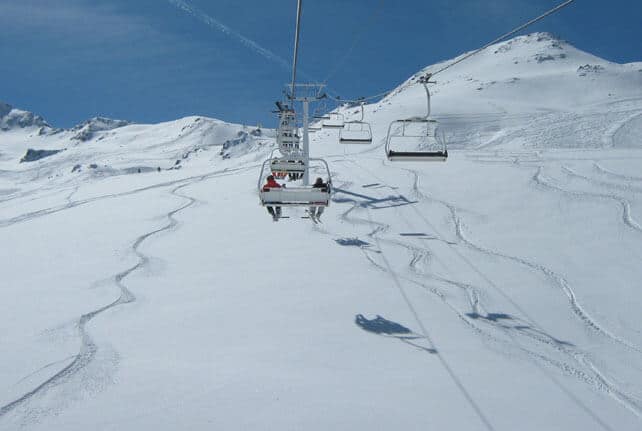
SO, WHAT’S THE BEST POLICY?
If you can be flexible about where and when you go, sit tight for now. Putting a deposit down on a holiday may seem like painless move at the moment, but there’ll come a point when you have to settle the balance. Often that’s 10-12 weeks before the holiday starts. If you’ve booked with an ATOL-bonded company then – if your destination is not on the Travel Corridor list when you’re due to go – you can claim a refund or postpone it to a different date. You should also be refunded if your destination imposes quarantines on incoming British travellers.
Bear in mind, however, that this process begins at the last minute, and takes time to complete, so you’ll be tying up your holiday budget at a critical moment. It’s better to wait and see what’s available nearer the time – or if the UK’s Travel Corridor scheme will change.
If it really does have to be a week in a catered chalet over February half-term (or any other holiday that’s in short supply) and nothing else is possible for you next winter, then book now, either with an ATOL-bonded company or one that guarantees refunds in the event of Covid-enforced cancellation. Look for one that will allow you to cancel if you’re ill or self-isolating at home at the time of departure as well. Make sure you book with a credit card too and try to find holiday insurance that will also cover you for Covid-cancellation. Several companies now offer it: though you do need to check carefully that the winter sports provisions do cover the level of skiing you’ll be doing, for example off-piste or in a terrain park.

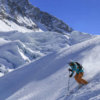



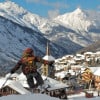
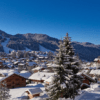



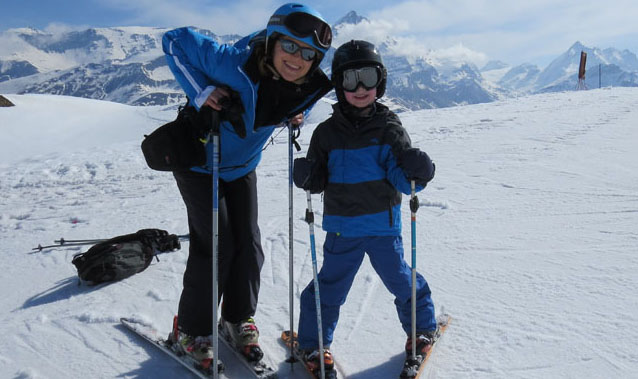
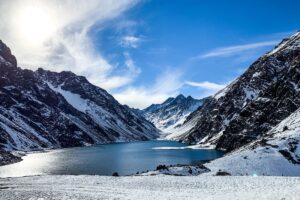


Add Comment